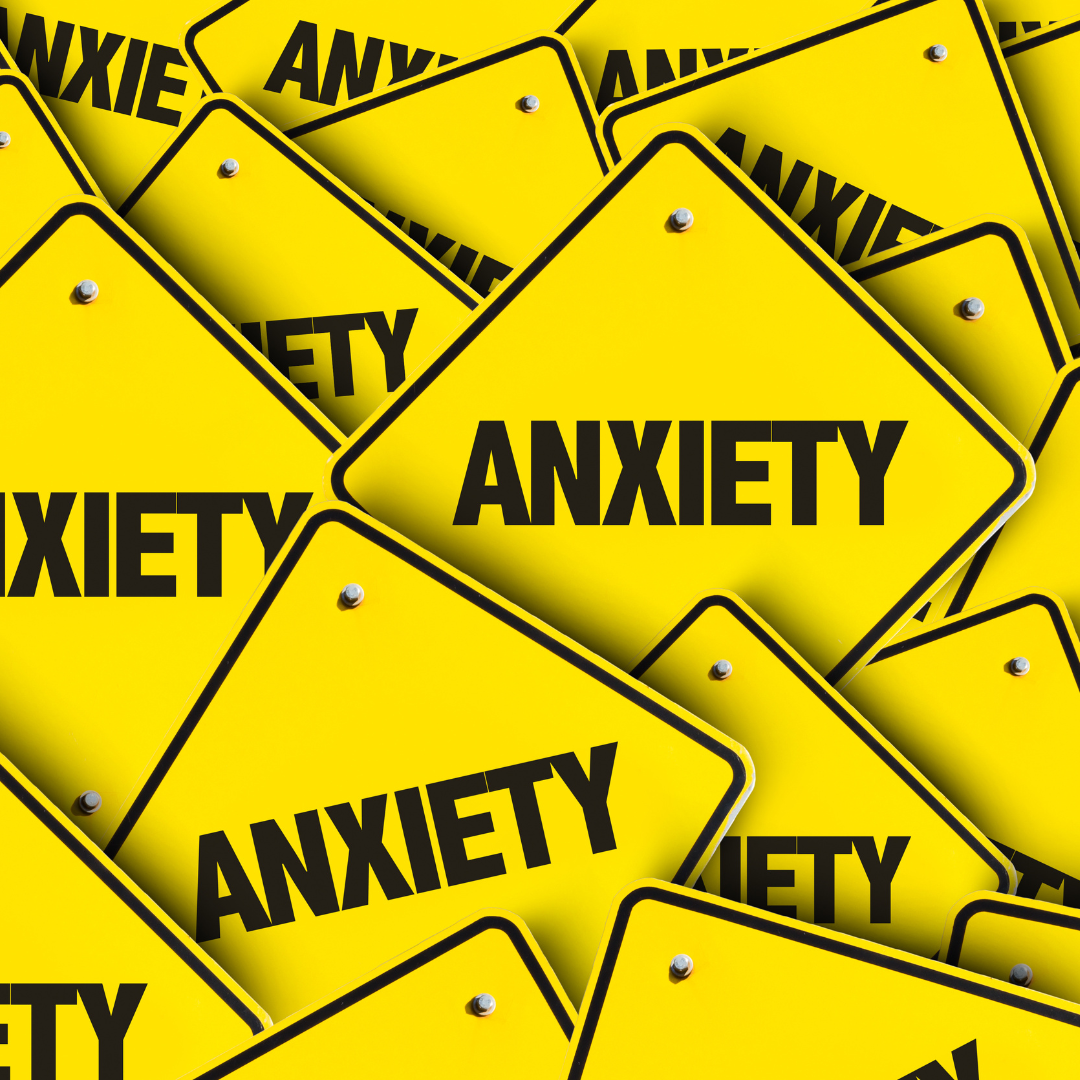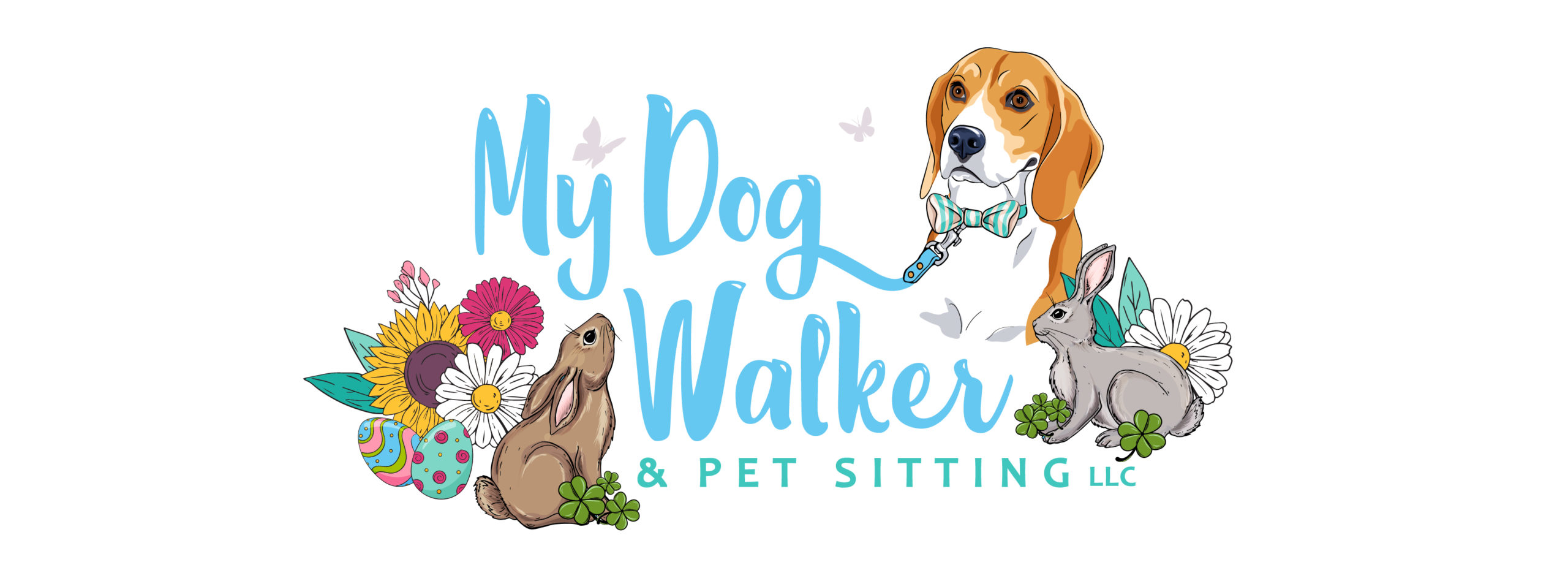
Discussing The Week Long Holiday That Emphasizes The Importance Of Dog Anxiety
Anxiety is a universal emotion that can have various negative effects on the body both physically and mentally. However, what most people don’t realize or appreciate is that anxiety is experienced by both us and our pets. That’s why the first week of May (5/1 through 5/7) is celebrated as Dog Anxiety Awareness Week. This article will cover everything you need to know about Dog Anxiety, how to manage dog anxiety, and the holiday that raises awareness about it.
What Is Anxiety?
The American Psychological Association (A.P.A.) defines anxiety as an emotion characterized by feelings of worried thoughts, tension, and physical changes such as high blood pressure. To be clear, anxiety is not fear. But, they are closely connected. Fear is a present-oriented and short-lived response to a specific and identifiable threat. Anxiety is a future-oriented and long-acting response to a broader and less specific threat. Essentially, anxiety is the reaction to our emotions (such as fear).
Symptoms Of Anxiety
As previously mentioned, anxiety can result in some serious side effects on the body (both physical and mental). People & dogs with anxiety disorders often experience recurring negative thoughts, feelings, and concerns. This often results in the avoidance of certain social situations and other people (or dogs) entirely. Some examples of physical symptoms resulting from anxiety include sweating, trembling, shortness of breath, hyperventilation, dizziness, rapid heartbeat, and fatigue.

Why Dogs Experience Anxiety
Dogs experience anxiety, just like us, but for a variety of different reasons. Dogs don’t understand the world around them the way we do. But, they do experience emotions like we do. Dogs commonly have anxiety when they experience illness, painful conditions, or abandonment. Other outside stimuli can also trigger anxiety in dogs such as loud noises, traveling, and being around other strange people or pets. These experiences and stimuli all induce uncertainty and tension in a dog’s mind, thus resulting in anxiety.
How To Manage Anxiety In Dogs
Managing anxiety can be difficult for both you and your dog. There are many different variables involved and anxiety can be triggered by a variety of different things. But, there is hope. Here are a few different ways to help you manage your dog’s anxiety.
Exercise:
Regular exercise is very beneficial to lowering your dog’s anxiety. It helps get out any excess energy that has built up as a result of their anxiety. Getting out this nervous energy will help them feel calm and more relaxed. A tired dog is a peaceful dog.
Music Therapy:
Studies have shown that music can be calming and relaxing to both people and pets. Many dogs seem to prefer calming instrumental music such as classical music, piano music, and harp music. Playing music for your dog also helps block out any other noises that may trigger your dog’s anxiety such as street traffic, other dogs, lawnmowers, etc.

Supplements:
There is a wide variety of natural supplements for dogs on the market that can help alleviate anxiety and reduce stress. Supplements such as thiamin, melatonin, L-Theanine, and chamomile can all provide calming and relaxing effects on your dog. Always be sure to consult with your veterinarian first before adding any kind of supplements to your dog’s diet.
CBD Oil:
According to the American Kennel Club (AKC), CBD (cannabidiol) oil is a compound found in cannabis and hemp that has been known to induce calming effects when consumed. CBD oil comes in a liquid form, but you can also buy dog treats that are infused with CBD oil.
Calming Diffuser:
A pet diffuser is a small machine that can spray different types of pheromones into the air. These pheromones send chemical messages to your dog that tells them that they are in a safe and familiar place. These diffusers can be used for both dogs and cats.
An Important Holiday
Dog Anxiety Awareness Week is a wonderful and important holiday because it shines a spotlight on the struggles of anxiety that many dogs experience everyday. Anxiety is a serious health condition that can affect all of us in different ways for a variety of different reasons. This is especially true when it comes to our furry canine friends. We hope you found this article informative and that it will help you better manage your dog’s anxiety.
For more information about dog anxiety and dog behavior, we recommend checking out some of the written works by Arden Moore (writer and pet behavioral specialist). Her book called The Dog Behavior Answer Book is a handy thing for any dog owner to have around. Additionally, be sure to check out our previous article entitled Dogs In Yellow Day for more information about dog anxiety.
